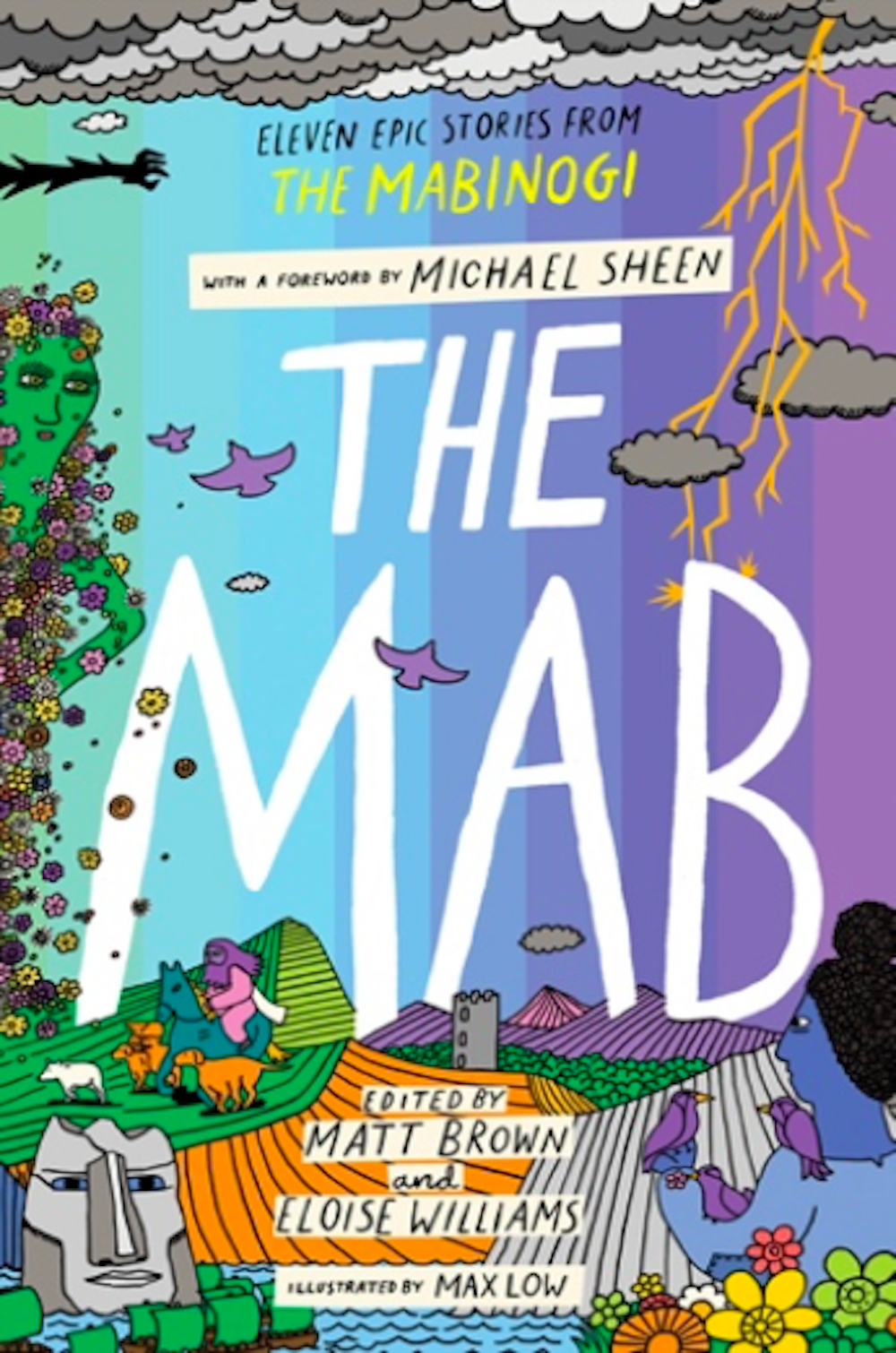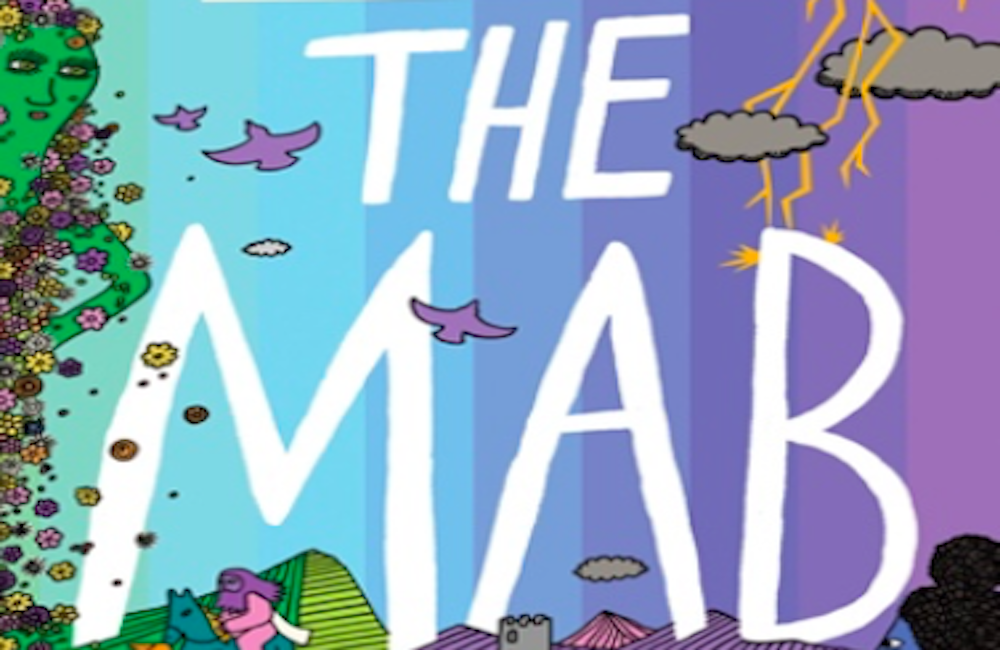A new version of The Mabinogion is to be published
David Owens
It’s the famed centuries old Welsh book of fables that has spawned myths and legends.
Now the legendary collection of tales that make up The Mabinogion have had a makeover and been rewritten for a new generation of young people to discover.
A crowdfunder to finance the publication of the updated version of The Mabinogion, led by former Children’s Laureate Wales Eloise Williams and Welsh author and TV presenter Matt Brown, was launched in August 2020.
The new version retitled as The Mab will published in hardback on June 9th.
The Mab will feature 11 updated tales written by 11 different children’s authors. The list of stellar contributors includes: Sophie Anderson (The Girl Who Speaks Bear), Nicola Davies (The Day War Came), Darren Chetty (The Good Immigrant), Rhian Ivory (The Bow Who Drew the Future), PG Bell (The Train to Impossible Places), Alex Wharton (Rising Star Wales winner 2020), Claire Fayers (Storm Hound), Hanan Issa (My Body Can House Two Hearts) and Zillah Bethall (The Shark Caller).
The Mab will also include a foreword from Michael Sheen.

The Mabinogion tales are the earliest prose stories of Britain and have been part of Wales’ cultural heritage for centuries.
The stories were compiled in Middle Welsh (the Welsh language of the 12th to 15th centuries) in the 12th–13th centuries from earlier oral traditions. The title covers a collection of 11 prose stories of widely different types, offering drama, philosophy, romance, tragedy, fantasy and humour, and created by various narrators over time.
The new book aims to be an epic retelling for a new generation. Each tale has been written in English and then translated into Welsh by Bethan Gwanas, with illustrations from Max Low.
Smashed target
To bring the project to fruition The Mab sought publication through crowdfunding publisher, Unbound – and smashed its target.
Prospective readers were given the opportunity to help fund the book through choosing a series of rewards – everything from tote bags, art prints and signed copies of the book to virtual bookshop events, tie-ins with schools and a children’s bookclub – they then pledged their money, and waited for the project to be 100% funded.
So successful was it that it’s now been 138% funded.
“The Mab is an amazing new book retelling all 11 stories for young people,” said Eloise. “As far as we know, there isn’t another collection like it. We have so many amazing people working on the project and we are so excited to bring the stories to everyone.
“They are the oldest British stories and The Mab will help new generations of children fall in love with them.”

A new interactive literary art trail in Pontypridd depicting the tales within the book will launch the book before it hits the shelves.
The Mab Trail will see a series of permanent story stones and story boards placed in locations across Pontypridd where trail-goers are able to take rubbings of the stones, encouraging a creative way to walk the stories of Wales.
The Mab Trail will be launched with local schools on May 12th and will be open to the public from May 14th to coincide with the Pontypridd Children’s Book Festival.
The Mab will published by Unbound in hardback on June 9th, priced £18.99.
To pre-order the book and find out more visit: unbound.com/books/the-mab/
Support our Nation today
For the price of a cup of coffee a month you can help us create an independent, not-for-profit, national news service for the people of Wales, by the people of Wales.







The slippage of language in calling them the “oldest British stories” has led to real cultural appropriation in the past – the Arthurian cycle is no longer ours and various elements of our folklore and mythology taken by sandal-sporting, Upper class English pseudo-pagans who are unhappy that their own mythological basis takes place in Denmark and around the Rhine. I hope that in making a cool, modern telling of our oldest cultural artefact the authors haven’t airbrushed the ‘Brythonicness’ out. If they haven’t, da iawn pawb.
I agree there is an Anglicisation, inevitably developed from the successful translations dating back to the 18thC. Translation has largely been done by Welsh scholars however, with no intention to transfer to an English literature. The trend intensified with Guest’s innovation of an English-only edition 1877, though she never intended it. She had always faithfully served her Welsh mentors. The curious disappearance of Llyfr Gwyn (White Book) in the 19thC meant work centred on Llyfr Coch (Red Book) kept at Oxford. Professor John Rhys’ prestige at Oxford added more. None of it aimed at an Englishified tradition although there were… Read more »
Good news – this important and enjoyable work has been expensive to obtain but is going to reduce to £12 in February, and go into Kindle.